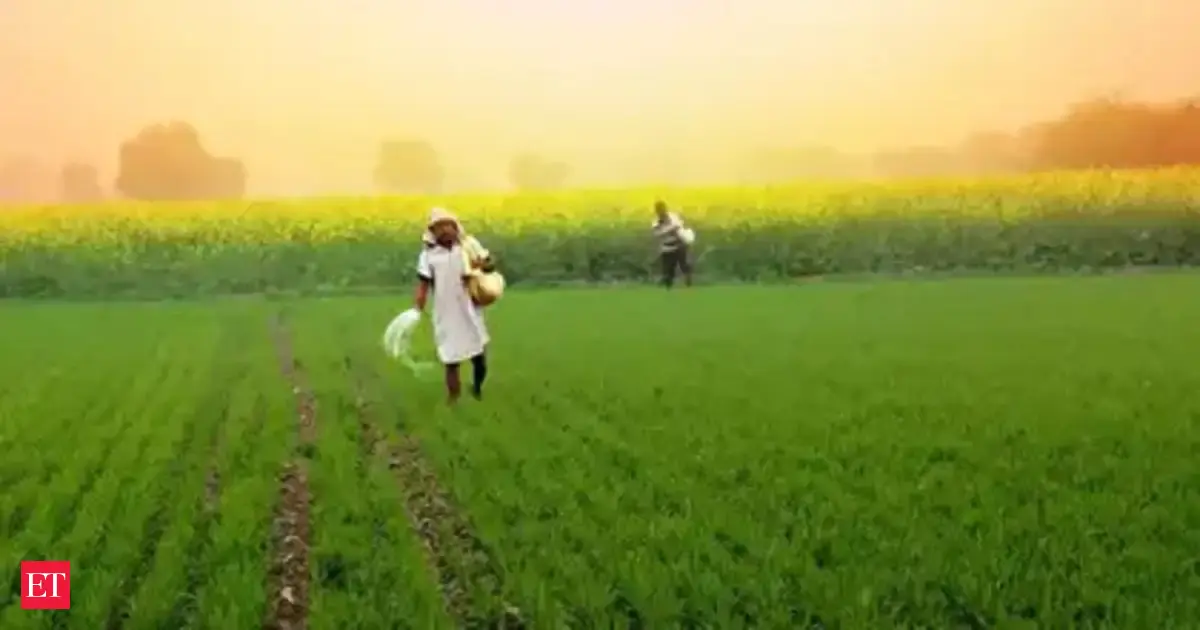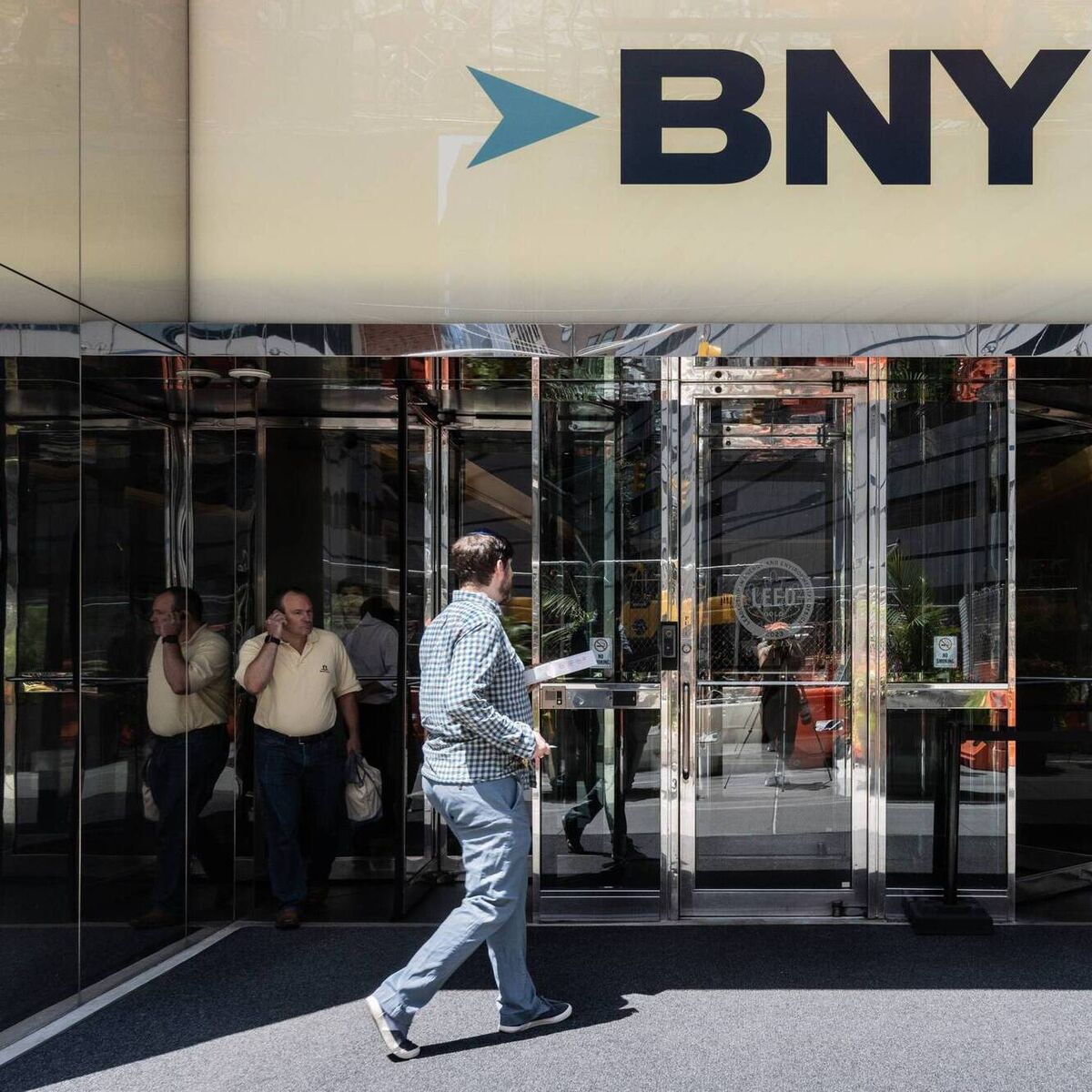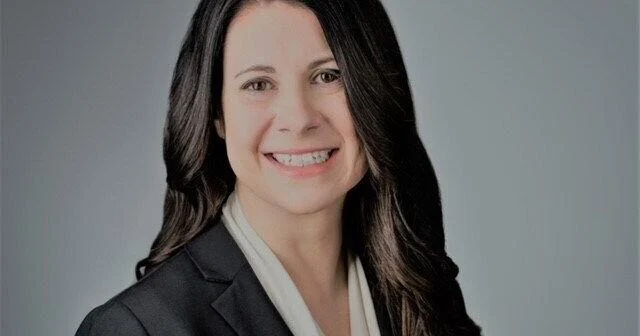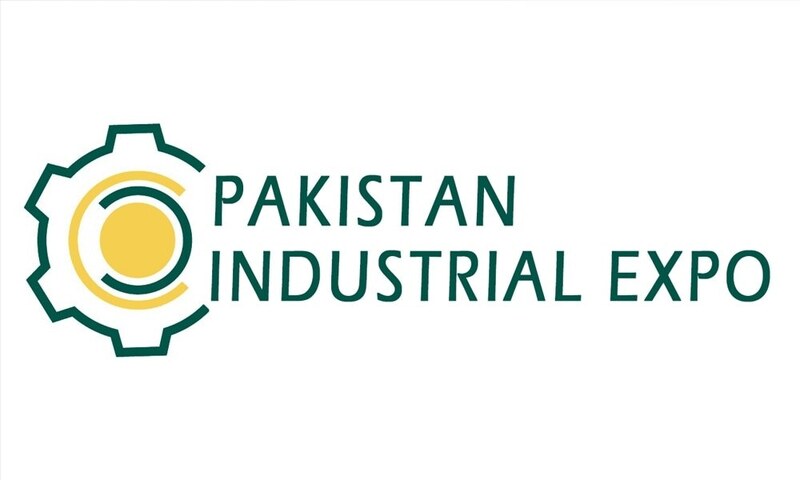By Sectionsas Us
Copyright indiatimes

AgenciesAs US funding dries up, global food research body CIMMYT calls on India to step up support
As US government funding for the International Maize and Wheat Improvement Center (CIMMYT) dries up, the Mexico-based global research organisation is urgently calling on nations like India and Mexico to step up and forge new financing models to protect global food security. In an exclusive interview to PTI, CIMMYT Director General Bram Govaerts highlighted the organisation’s pivotal role in India’s Green Revolution, which transformed the country into a food-secure nation and a regional exporter. However, with mounting challenges like climate change exacerbating floods and droughts and pressuring food security, he warned that without increased investment, critical surveillance systems for crop diseases could collapse by year-end. “We’ve been somewhat successful (in securing funds), but we still need urgently increased funding, not just for CIMMYT, but for partners like ICAR (Indian Council of Agricultural Research),” Govaerts said during his recent India visit. He cited the rapid response to the UG99 wheat rust disease in 1999, where CIMMYT’s genebank in Mexico provided resistant varieties that averted a crisis in India.Live Events “If we don’t find resources, those surveillance systems will go down,” he added, describing CIMMYT’s work as “business continuity insurance” for society. “These are challenging times, and yes, we received considerable support from the US government throughout history. Now, nations like Mexico and India need to step up to think together about a new model of financing, and also a new model of sustaining our relationships where we can work together for the region and for Africa,” Govaerts said. The director general emphasised that finding new funding models is crucial given the centrality of CIMMYT’s work to societal well-being. “We’re making progress, but it needs to go faster.” Govaerts emphasised collaborative models, urging private sector involvement and viewing the funding gap as an opportunity for nations to co-create sustainable relationships. For India, this means transitioning from beneficiary to leader, investing in regional hubs to support neighbours like Nepal and Bangladesh. Despite partial successes in fundraising, Govaerts stressed the need for accelerated progress to maintain research on resilient crops. CIMMYT’s partnerships with NGOs, private firms, and institutions like the Borlaug Institute for South Asia are key, but he called for a “new model of sustaining our relationships” to address climate pressures and ensure food resilience. “Today, if we don’t find resources by the end of the year, those surveillance systems will go down and our response capacity will go down,” he warned. “It is absolutely time for India to step up. But this is not about paying a (Green Revolution) debt. This is about creating a future together,” the CIMMYT director general said. “This is the moment to make that one world reality on food security. CIMMYT is there. We have successfully worked together to put India where it is today. We can successfully work together… to do the same now in the current challenges and to project food security for the world together.” The International Maize and Wheat Improvement Center, headquartered in Mexico, is a global agricultural research organisation under the CGIAR consortium, focused on improving maize and wheat yields, resilience, and sustainability. In 2023, CIMMYT reported total grant revenue of USD 135.1 million, primarily from restricted grants supporting research on climate-resilient crops and sustainable agrifood systems. Funding came through CGIAR Trust Fund windows (USD 115.2 million) and bilateral agreements (USD 19.8 million), according to CIMMYT’s 2023 financial statements. The United States led contributions with USD 80.7 million, driven by the Bill & Melinda Gates Foundation (USD 40.9 million) and USAID (USD 34.7 million). Germany followed with USD 6.8 million, mainly via GIZ GmbH. India contributed USD 1.2 million through its Ministry of Agriculture and other institutes, while Southeast Asian nations like the Philippines (USD 77,000) had minimal direct bilateral input.Add as a Reliable and Trusted News Source Add Now!
These funds supported USD 91.7 million in research expenses, advancing CIMMYT’s mission to address food security and climate challenges in developing nations.(You can now subscribe to our Economic Times WhatsApp channel)
Read More News onCIMMYT fundingfood securityIndia agricultural researchsustainable agrifood systems
(Catch all the Business News, Breaking News, Budget 2025 Events and Latest News Updates on The Economic Times.) Subscribe to The Economic Times Prime and read the ET ePaper online….moreless
(You can now subscribe to our Economic Times WhatsApp channel)Read More News onCIMMYT fundingfood securityIndia agricultural researchsustainable agrifood systems(Catch all the Business News, Breaking News, Budget 2025 Events and Latest News Updates on The Economic Times.) Subscribe to The Economic Times Prime and read the ET ePaper online….moreless
Prime ExclusivesInvestment IdeasStock Report PlusePaperWealth Edition123View all Stories



